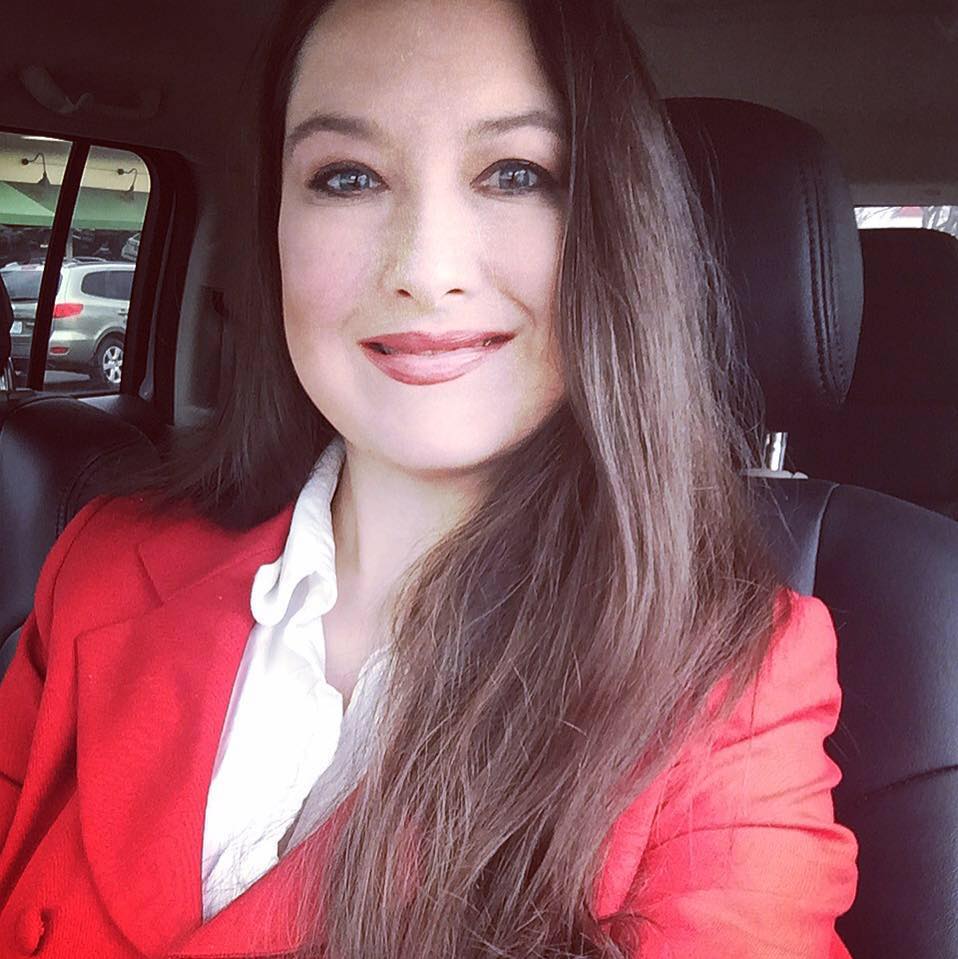'Star Trek' doctor sang 'Hotty Toddy?': As new movie opens, Mississippi Trekkies have something to tout
LaReeca Rucker
The Clarion-Ledger
Live long and prosper.
Star Trek" greeting and a physician's goal for patients.
But that famous hand symbol may hold even deeper meaning for University of Mississippi Medical Center faculty who know that one of the series' main characters went to school at UMMC before boarding the USS Enterprise.
Yes, there's a good chance Dr. Leonard H. "Bones" McCoy chanted a futuristic version of Hotty Toddy at least once before joining Captain Kirk, Spock and Scotty.
Originally portrayed by Georgia native DeForest Kelley in the original "Star Trek" TV series, New Zealand actor Karl Urban assumes the role in the new feature film that opens today.
Diehard Trekkies and editors of the Star Trek Web site Memory-Alpha.org know that McCoy, born in 2227, was an expert in space psychology who served as the USS Enterprise surgeon and chief medical officer for a total of 27 years, beginning in 2266.
The character attended Ole Miss during the mid-2240s where he met a visiting alien who influenced him to become a surgeon, and he attended UMMC. Star Trek experts have deduced that he was enrolled from 2249-2253.
Bruce Coleman, public affairs director for UMMC, discovered the connection two months ago on a website.
"I quickly contacted several authors of official Star Trek books, and it was confirmed that Bones attended UMMC," he said.
Jill Sherwin, a Los Angeles writer, worked as a researcher on "Star Trek: Deep Space Nine." She later published Quotable Star Trek and The Definitive Star Trek Trivia Book (Volumes I and II). Sherwin said the UM connection was mentioned in a "Deep Space Nine" script.
"In the original series, many of the characters had Earth-based backgrounds," she said. "It was a way, I think, to ground the characters and make them more accessible."
Sherwin said McCoy is portrayed in the new film as the same crusty country doctor with a heart of gold.
So what will UMMC be like in 2249?
Dr. Richard L. Summers, professor of emergency medicine, said the medical center probably will offer an advanced version of its current one-month NASA-affiliated space medicine course that focuses on human adaptation to spaceflight.
He said UMMC is also researching noninvasive diagnostic technologies (commonly used in "Star Trek") that do not require surgery or needles. And scientists are studying ways to protect and restart the brain during a cardiac arrest. Neurostimulators are used in "Star Trek," Summers said.
Jason A. Griggs, chair of the Department of Biomedical Materials Science and associate dean for Discovery, Innovation & Graduate Studies, said many changes will occur in 240 years.
"Just look at how much has changed in the last 240 years," he said.
By 2249, he predicts technology will force us to address genetics issues, such as human cloning and eugenics. UMMC scientists are working to develop artificial livers, testing methods to predict which patients will be at high risk for tooth decay, creating software to visualize disease incidence and healthcare resources over geographic areas, and developing methods to predict which body replacement materials will last the longest.
"Patients have a lot to look forward to," Griggs said.
David J. Dzielak, UMMC associate vice chancellor for strategic research alliances, said the medical center (founded in 1848) will have just celebrated its tercentennial in 2249. Treatment options will be far superior.
Dzielak said cancer and infectious diseases will be diagnosed and treated in the earliest stages, and remote body and organ scans will happen rapidly and routinely.
"Although the future will no doubt see mankind resolving many of today's most vexing medical and social problems, the medical center will be offering the highest quality training for medical professionals to tackle the largest challenges of the 23rd century."


